How Long Does It Take To Dub An Anime Episode
The Anime Dub Controversy
The argue over subbing vs. dubbing is arguably one of the almost contentious in the anime community. For some anime fans, the only way to watch a Japanese anime is to watch it in the original Japanese, with subtitles for those who do not speak Japanese fluently. Others would rather picket their anime dubbed into English, with an all-new English vox cast and coiffure delivering all the lines. People who concord the former view generally contend that watching a bear witness in Japanese, even if it is subtitled, is a more than authentic experience, that allows for more Japanese cultural resonances to reach the audience than watching the same show in English would be. Not anybody agrees, nevertheless, particularly in the modern age when dubs are more faithful to the source material.
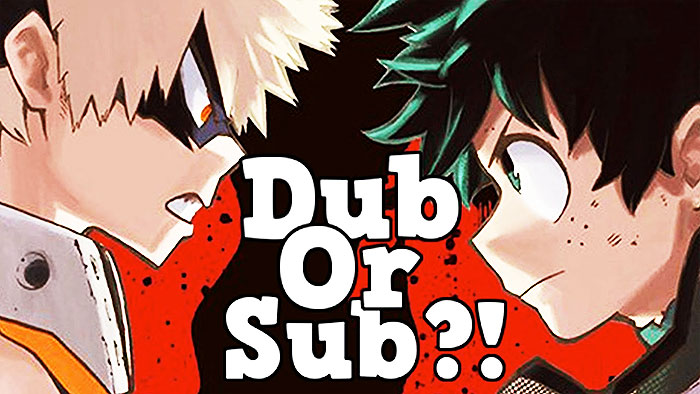
A background on English dubs
English dubs of anime are fabricated via a process known as automatic dialogue replacement, or "ADR." 1 In ADR, the voice actor is placed in a recording booth, where they picket a clip from a show and record themselves acting out the script that goes with the clip. A like technique is used in Hollywood to allow live-action actors to re-record lines. According to Anime News Network 2, the casting process for a modern dub is as follows:
When a new prove is about to exist dubbed, the person in charge of casting goes through any materials are available–either the show itself, or if it isn't available yet, any and all promo material that's been made at that signal. They write a casting break-down: a listing of characters each with a few notes nigh them and what they audio similar, and their general attitude and feel. They note the gender, how one-time or immature they audio, and anything else that they tin think of that might help them cast the role. Nigh of the time, a couple of established voice actor names will leap to mind for at to the lowest degree a few of the roles.
Ideally at this bespeak, there will be fourth dimension and coin to exercise a full casting telephone call. The actors that immediately sprang to listen will exist invited, of course, as will a handful of others from the pool of ready and able talent that all dub studios keep on manus for such things. The phonation actors come in, one at a time (not all at one time, similar in Japan), and read a few lines for several characters […]. Then the manager and whoever is paying for the dub sit down, listen to the auditions, and effigy out who should play what office.
In addition to the vocalisation actors themselves, a successful English language dub relies on scriptwriters to translate the original Japanese script into English, and directors to ensure the voicework sounds appropriate. Scriptwriters are usually provided with the original Japanese audio as well as whatsoever production and cultural notes, and adjust the script to suit an English-language audience based on the data bachelor to them 3. Many scriptwriters and directors are also phonation actors themselves.
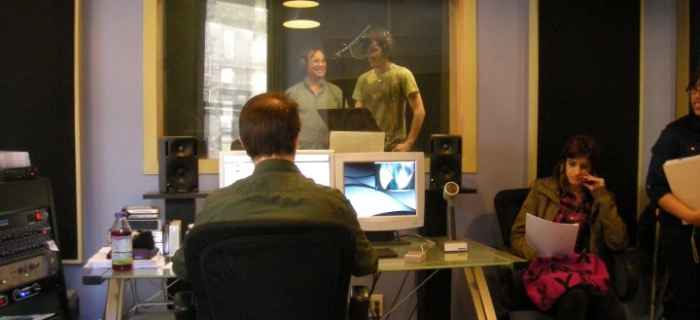
The earliest anime English language dubs to be released came out in the mid-1960's, and included such works every bit Astro Male child, Tetsujin 28 (known in English as Gigantor), and Kimba the White Lion. In the 1970's, a bowdlerized version of Gatchaman, renamed Battle of the Planets, was released in the Usa, as was a fairly true-blue accommodation of Space Battleship Yamato (known in English as Star Blazers) 4. In 1992, the anime manufacture took root in Texas, when Matt Greenfield and John Ledford founded ADV Films in Houston 5. Among their first dubbing projects was a magical-daughter series called Devil Hunter Yohko.
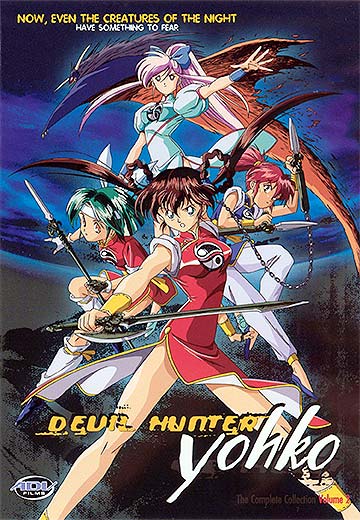
In the mid-1990's, Funimation Entertainment, another Texas-based studio, licensed Dragon Ball Z, and began releasing English episodes in 1996 six. Along with the Sailor Moon and Pokemon anime serial, Dragon Ball Z introduced a younger generation to the world of anime. Anime began to explode in popularity not long after. Anime dubbing saw a major expansion throughout the early 2000's, followed by a wrinkle around 2007-2008 equally the industry shrank and Geneon, 1 of Japan's anime production companies, complanate seven. Since that time, Funimation has overtaken ADV as the largest producer of anime in the U.s., and ADV survives every bit several smaller companies, including Sentai Filmworks.
Why English dubs are controversial
Every bit prevalent as English dubs of anime have been over the years, they are not without controversy. Many anime fans, especially older ones, really dislike English dubs, accusing them of being less faithful to the source textile than watching the original Japanese audio with subtitles would be. What many of these arguments boil down to is that anime is a "Japanese" product, and that whatever attempt to adapt it for a Western audition somehow compromises its inherent "Japaneseness."
Many English dubs, particularly for older shows, contained a lot of editing, in order to make them accessible to an English-language audience. Some of these dubs were infamous for altering or removing entire grapheme arcs or plot points, likewise as altering or removing names or cultural references in guild to hide the fact that the anime was supposed to take place in Nihon 8. Many anime fans justifiably see these sorts of changes as culturally insensitive and insulting to their intelligence. On the other paw, some infamous changes were specifically requested by the Japanese creators, in order to expand a show's marketability. In the case of Dragon Brawl Z, for example, Funimation was told to brand whatsoever changes were necessary to allow the series to exist aired on tv set, even if it meant producing a bowdlerized version of the source fabric nine. Modern dubs rarely contain such all-encompassing editing, preferring to stick equally closely as possible to the source cloth.
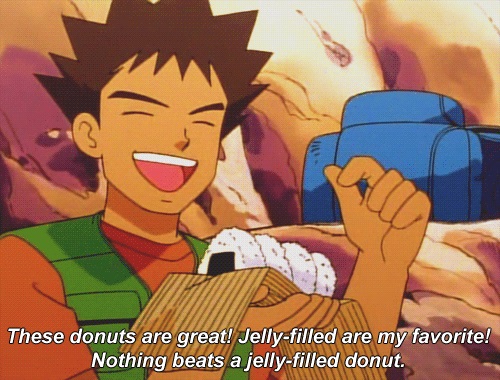
Some other common argument is that the vast linguistic and cultural split between Japan and the English language-speaking world means that no English script can ever properly capture the spirit of the original, fifty-fifty if no edits are made. This statement oftentimes manifests itself in complaints about pronunciation of Japanese names in English dubs. In fact, many anime phonation actors probably could pronounce Japanese names accurately if they really wanted to, peculiarly those who have been voice acting for a long time or already had an involvement in Japanese civilization before becoming vox actors. The hazard, however, is that a traditionally Japanese pronunciation of a name would brand the overall menstruation of the dub audio more artificial, by introducing something that's clearly Japanese into a script that'southward otherwise entirely in English language.
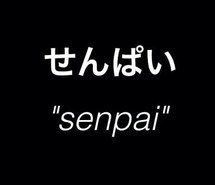
A related argument is that an English dub couldn't include specific Japanese cultural words or phrases. Some of these words and phrases include the different ways of proverb "love" in Japanese, as well as titles and manufactures that convey rank, such as "senpai" and "-chan." On the other paw, these cultural touchstones could hands become over the heads of English-speakers anyway unless they already know what the words hateful or are willing to put in the try to research them. English dub scriptwriters are aware of this and generally become to great lengths to preserve the pregnant of the original Japanese while nevertheless presenting information technology in a manner that an English-linguistic communication audience tin can empathise. To cite one example of this phenomenon, there's a scene in the vampire horror anime Shiki in which a teenager named Masao attempts to pull rank on some other teenager, Natsuno, by demanding Natsuno call him "senpai." In the English dub, Masao does the same thing, just rather than use the word "senpai," he only demands that Natsuno non push him around because he's older. This is an instance of a dub job that conveys the pregnant of the Japanese script, in a style that makes sense to the boilerplate English language-speaking viewer.
A question of authenticity and accessibility
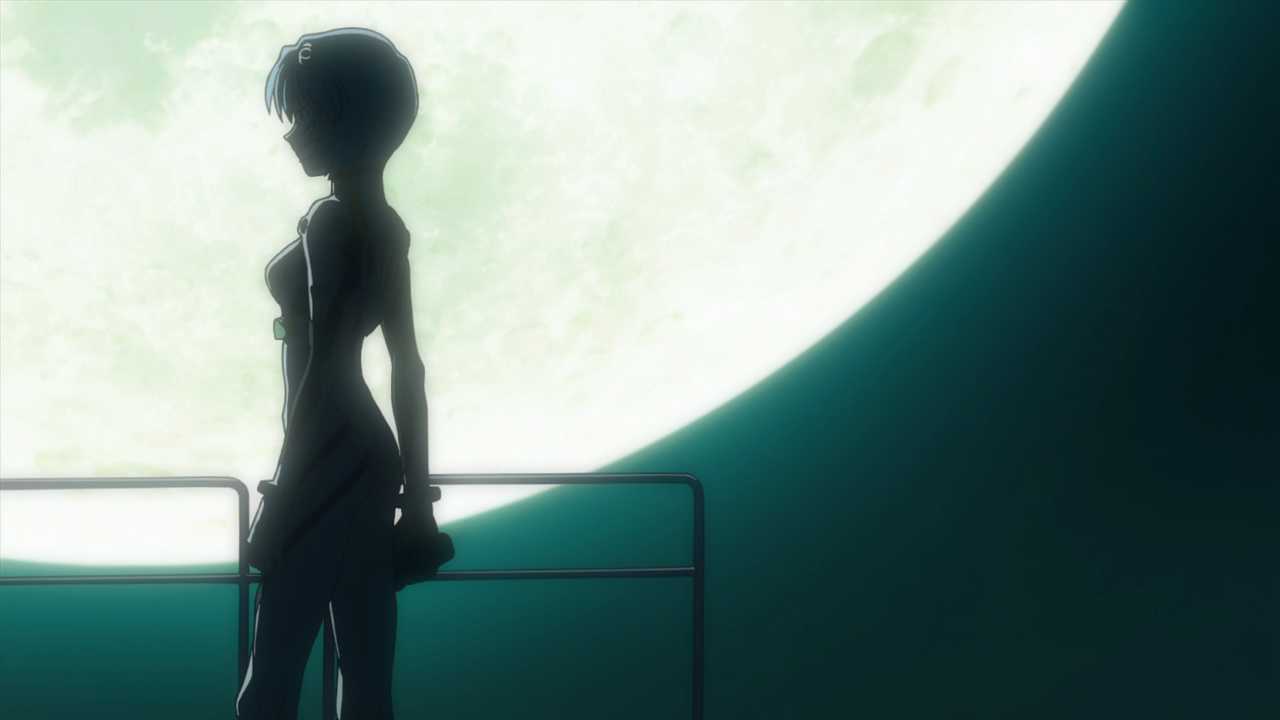
Ultimately, the fight over English dubs rests on the tension betwixt a work's authenticity and its accessibility. Intrinsic to the arguments against English dubs is that English-speakers who desire to explore Japanese culture should prize authenticity to a higher place all else. According to this logic, English language dubs volition e'er be junior because they are less accurate. Some fans who view anime this way may be willing to watch dubs, but only in cases where the dub is better than the original Japanese, or the anime is set in an English-speaking surround. Whether subtitles actually provide a more accurate cultural experience than an English language dub is a matter of some contend. For example, in the new Netflix screening of Neon Genesis Evangelion, both the subtitles and the dub altered the human relationship between Kaoru and Shinji to have fewer homoerotic overtones, meaning that people who watched the subtitles would not necessarily get the authentic feel of the original anyway. Along like lines, many fans of the Deadman Wonderland anime were offended when the dub removed a line from Genkaku, the leader of the hugger-mugger police, telling Nagi, the leader of the resistance, that he "loved" him. However, the English version of the line, in which Genkaku tells Nagi he "liked [him] and then much improve crazy," and calls him a "stupid sh-t spouting crap most risking life," sounds much more than like something a real person would actually say. Homoerotic subtext between the two men can still be found in the dub, via asides where Genkaku calls Nagi "love," "lovebird," and "sweetheart." Which version is actually more like the original Japanese is incommunicable to tell without a grounding in the Japanese language.
Because translating 1 language to another in any format is fraught, some fans suggest the only truly authentic mode to experience anime is to watch information technology raw, exactly the mode that a Japanese person would. Fifty-fifty the very human action of reading an animated program, which was designed to exist experienced through art and sound, strikes some people as suspect. Still, the people who know enough Japanese to watch the raw footage more often than not don't need subtitles in the beginning identify.
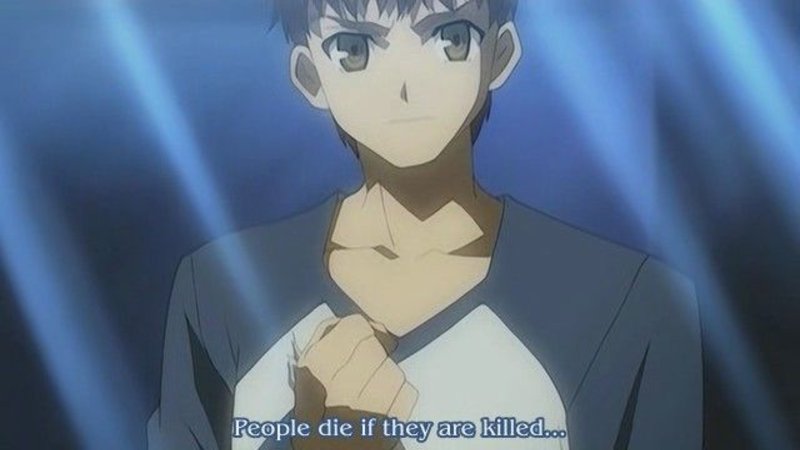
On the flip side, fans of English language dubs generally want their entertainment equally attainable every bit possible. Accessibility doesn't take to entail extensive editing or removal of cultural references. Fans of English language dubs merits that they savor themselves more, and connect with characters in a show more, if those characters are speaking the language they are most familiar with, regardless of the actual content of the anime. There may fifty-fifty exist an evolutionary footing to this preference, as humans seem programmed from birth to prefer things they perceive as more similar to themselves, including their native languages 10. Furthermore, English language dubs, even if they're not every bit proficient as the original Japanese, are often an American'south start exposure to anime, and possibly to Japanese culture also. Chances are, about millennial anime fans became fans of anime in the start place afterward watching an English language dub of a series like Pokemon, Sailor Moon, or Dragon Ball Z on telly. Whether these dubs were objectively "expert" (let alone meliorate than the Japanese versions) was, at the time, beside the point.
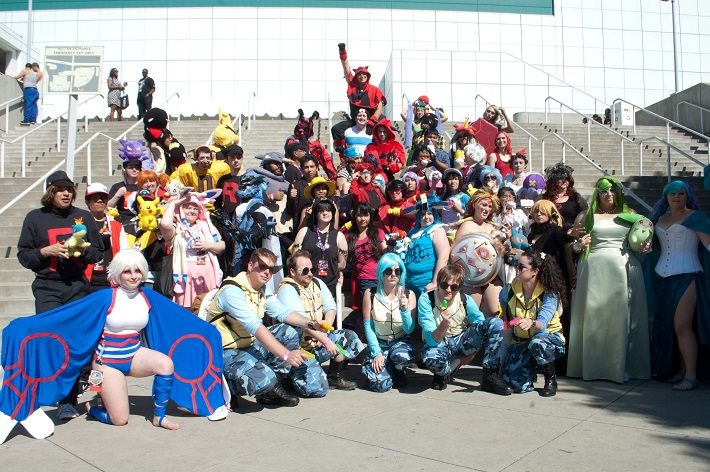
People admire Japanese civilisation for many reasons, whether for its art, architecture, music, history, cuisine, nature, or contributions to popular culture. Some fans draw a clear distinction betwixt the civilisation of Nippon and that of the Us–Japanese anime in this box, and American cartoons in another. These people may adopt to scout their anime in Japanese, subtitled if they practise non speak the language, in order to feel like they're experiencing a slice of authentic Japan. By contrast, other fans prefer to be completely immersed in the world of an anime and the lives of its characters just as they would for a Western cartoon, even if it means watching the show in a language that the characters would not normally be speaking. These fans may yet want to learn the Japanese language and specific Japanese cultural artifacts, but they do and so through other means. Either is a valid means of experiencing Japanese popular civilisation, and either tin pb to a improve appreciation of Japanese civilization more than generally.
There are many reasons for the controversy surrounding English dubs of anime. To sure anime fans, English dubs brand too many edits to the source fabric, fail to properly capture the Japanese cultural consciousness, and simply cannot be authentically Japanese. On the flip side, many other fans feel that complete immersion in an anime's world, provided by a dedicated English cast and crew, provides the about pleasurable viewing feel. Nowadays, anime fans have more options for how to lookout man their anime than always before, and fans who watch English language dub series no longer have to worry nearly excessive editing or censorship. In this day and age, there is no objectively superior method for watching anime, and no more than authentic method than to lookout it as a Japanese fan would, with no subtitles or translations any. For the Western anime fan who does not speak Japanese, the choice of whether to sentry an anime in Japanese with subtitles, or dubbed into English, is a very personal decision.
What practice y'all think? Get out a comment.
Receive our weekly newsletter:
Source: https://the-artifice.com/dub-vs-sub/
Posted by: turpinbaxt1992.blogspot.com

0 Response to "How Long Does It Take To Dub An Anime Episode"
Post a Comment